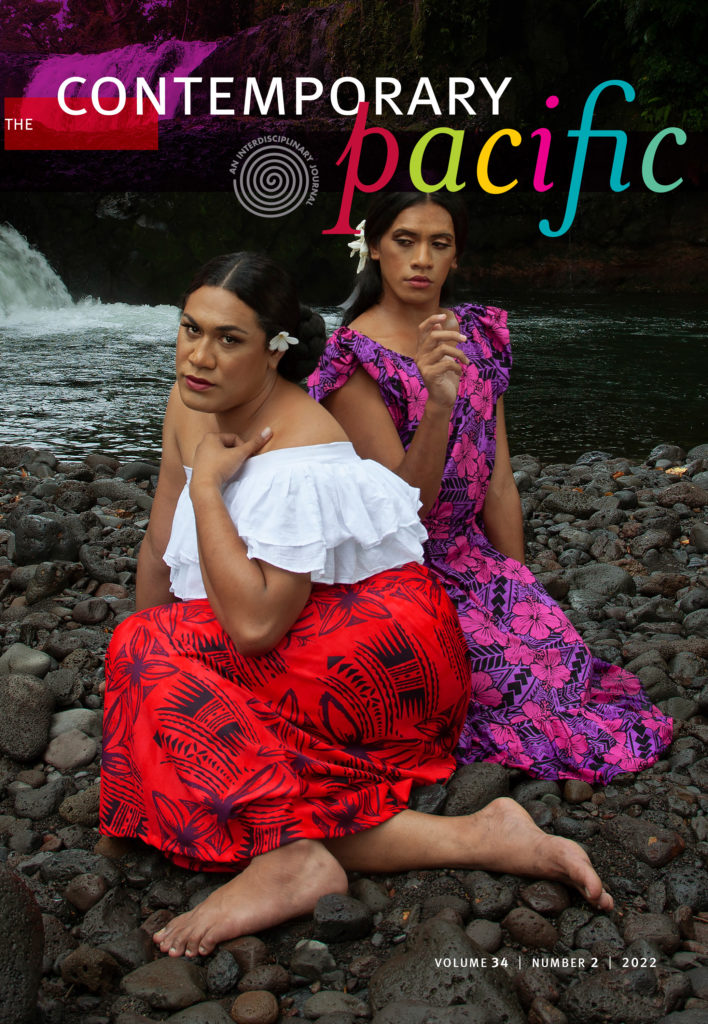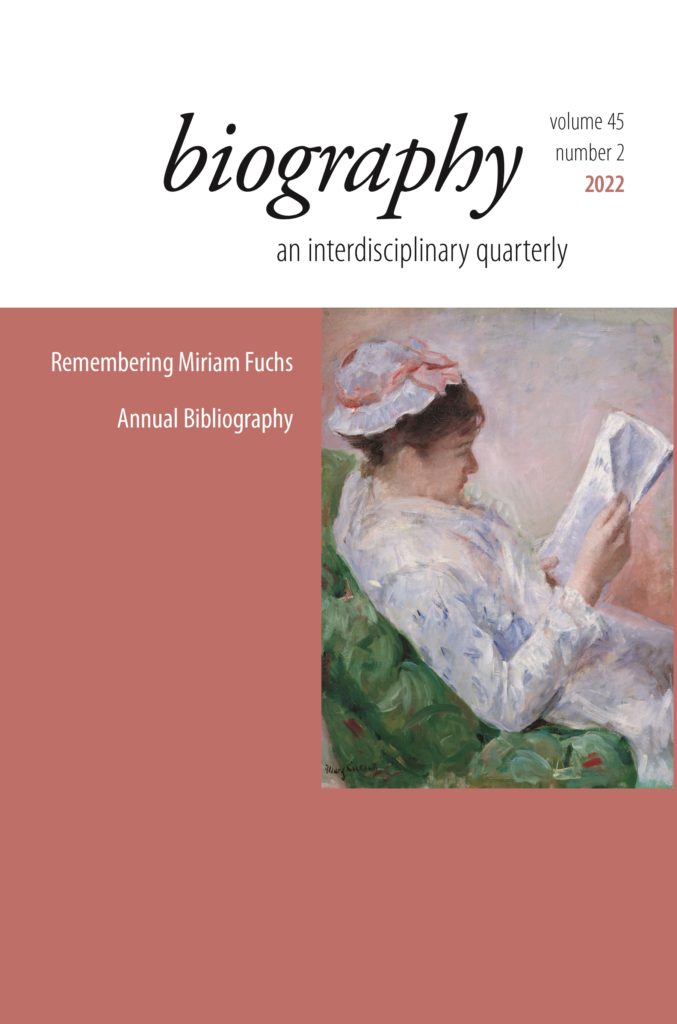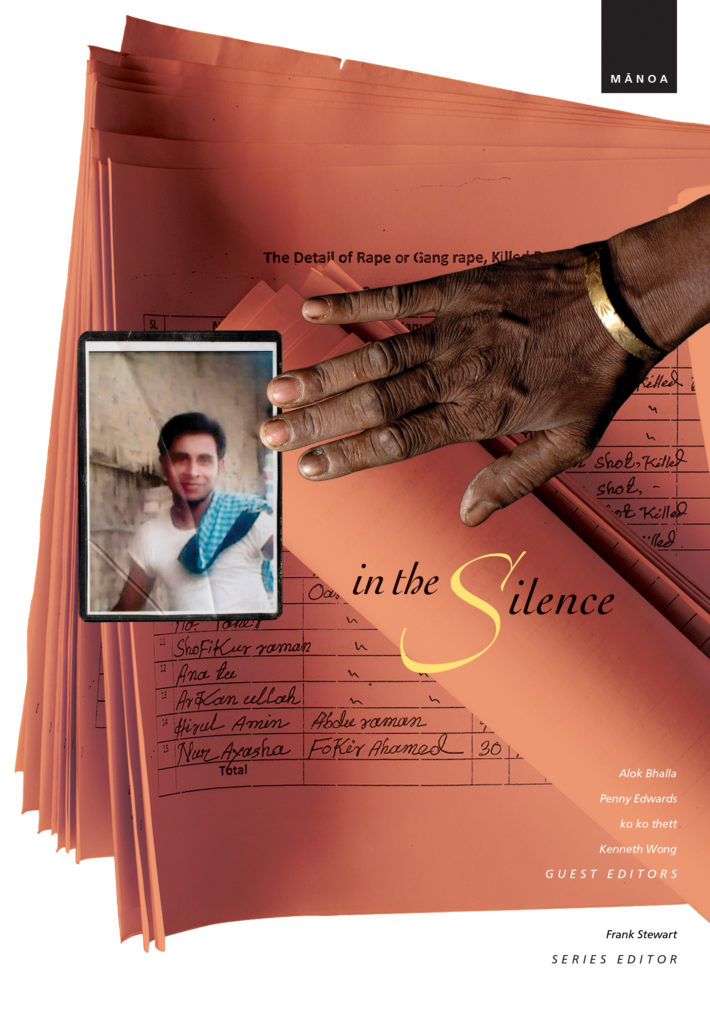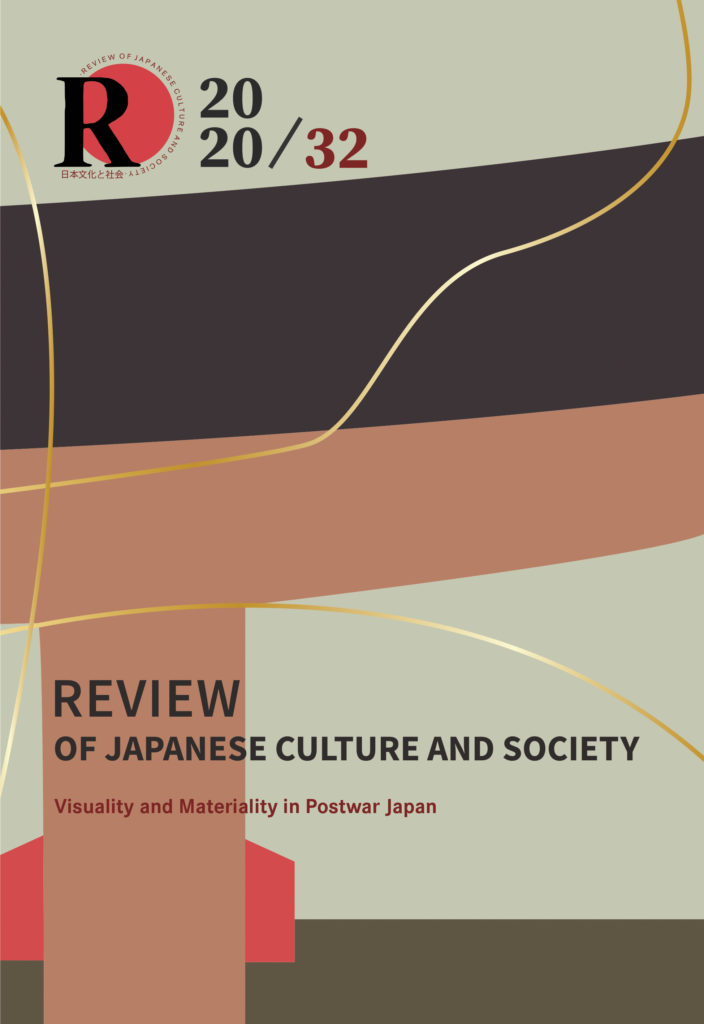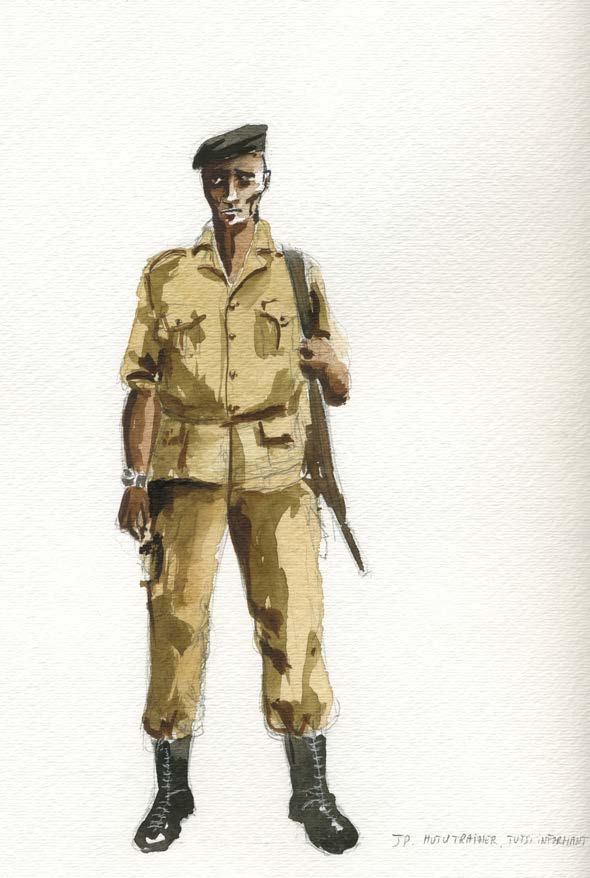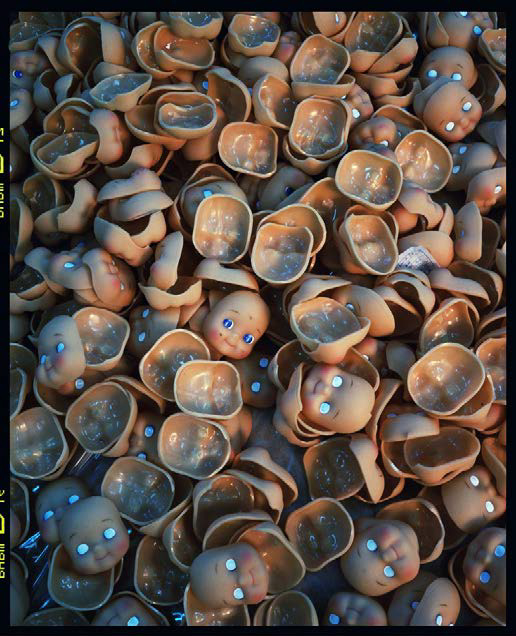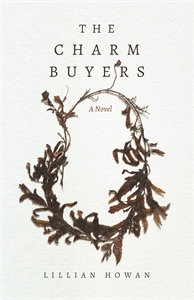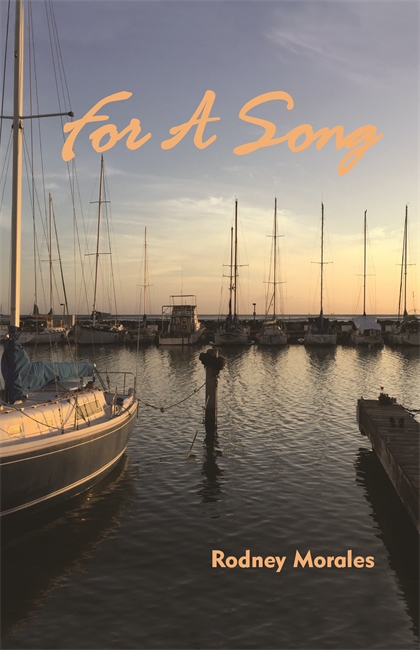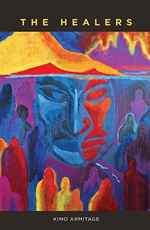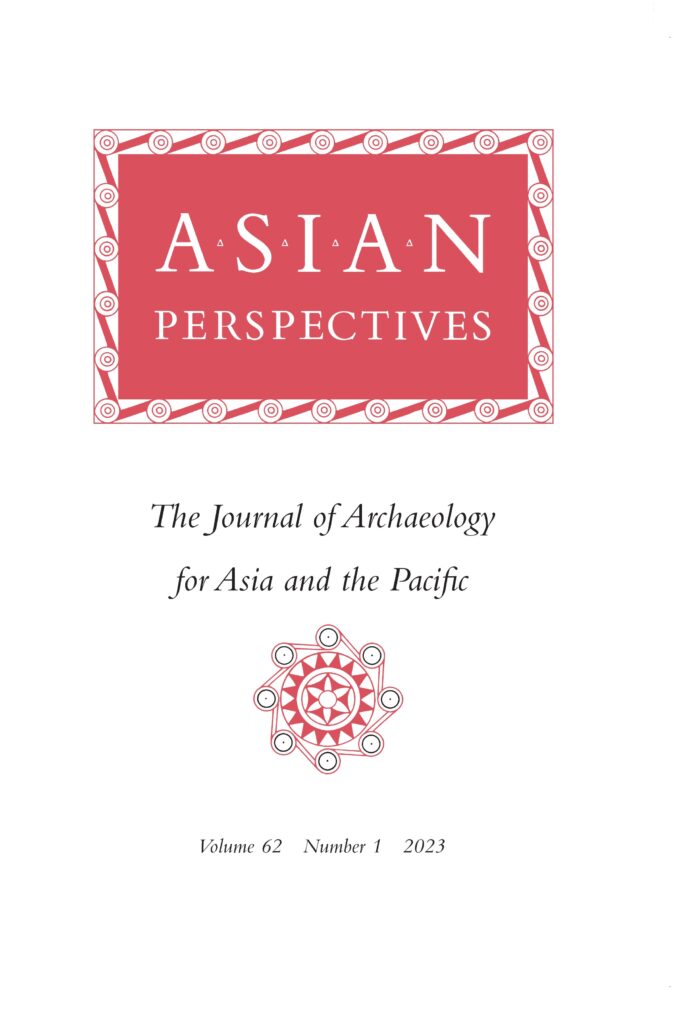
Asian Perspectives
Volume 62, Number 1 (2023)
The new issue shares the following introduction and welcomes a new editor:
You will note that several articles in this issue focus on the identification and interpretation of specific materials and technologies. The topics covered by four of the articles include rock art in early Mongolia, bone tools in prehistoric eastern China, metallurgy at the Han empire’s southern periphery, and plant remains and parasite microfossils in pre-contact New Zealand. A fifth article relies on settlement pattern and demographic data from Neolithic and Bronze Age China to draw insightful comparisons between the developmental trajectories of two distant regions.
We take this opportunity to welcome Cristina Castillo as the journal’s new Book Review Editor and thank Michèle Demandt for serving as the first editor dedicated to this important section of the journal. Michèle streamlined many of the editorial procedures for the book reviews. We wish her the best in all her future professional and personal endeavors.
Find this editorial, research articles, and more at Project MUSE.
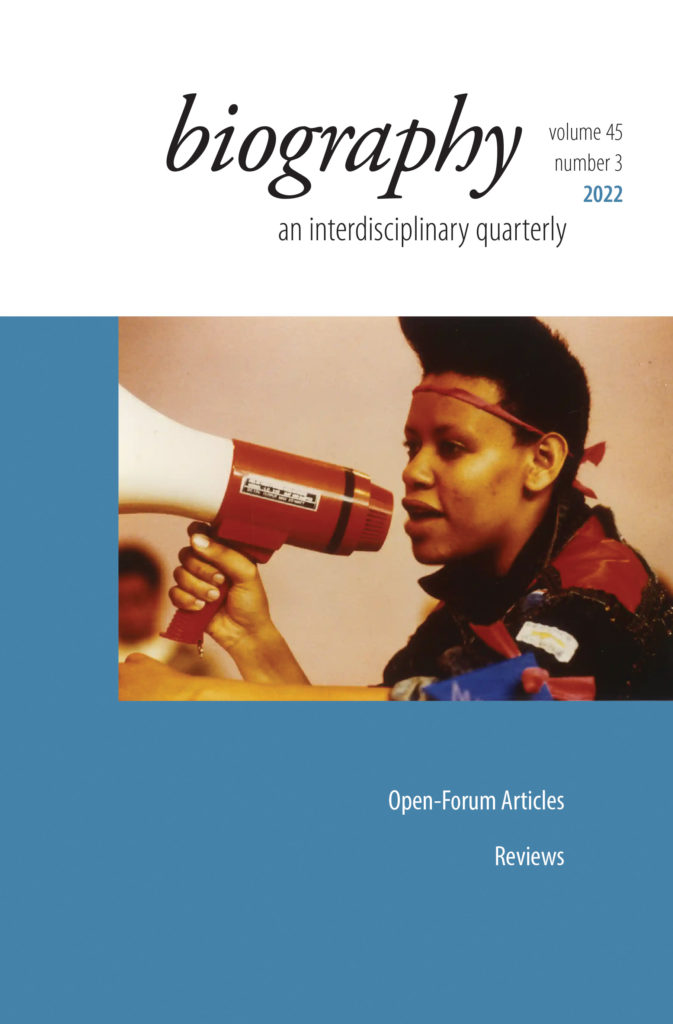
biography
Volume 45, Number 3 (2022)
Editor Craig Howes honors founder George Simson in the introduction of this latest issue:
I am mentioning this constant in the life of Biography and the Center because when considering the contents of this “regular” issue, I realized that what began as an aspiration has with great effort become the norm. The five articles in this installment
feature writers and subjects from South Africa, Uganda, Lebanon, India, and France, representing an equally diverse range of approaches to life writing — whether through fashion, documentaries, oral histories, photographs, memoirs,
biographies, or “anti-biographies.”
I believe that George would find some of the theoretical approaches or topics puzzling—certainly far afield from biography as he understood and loved it. But I know he would be very happy that his dream of a journal that made its best effort to be international has been realized. And it will continue to do so.
Read this introduction, articles, reviews, and more at Project MUSE.
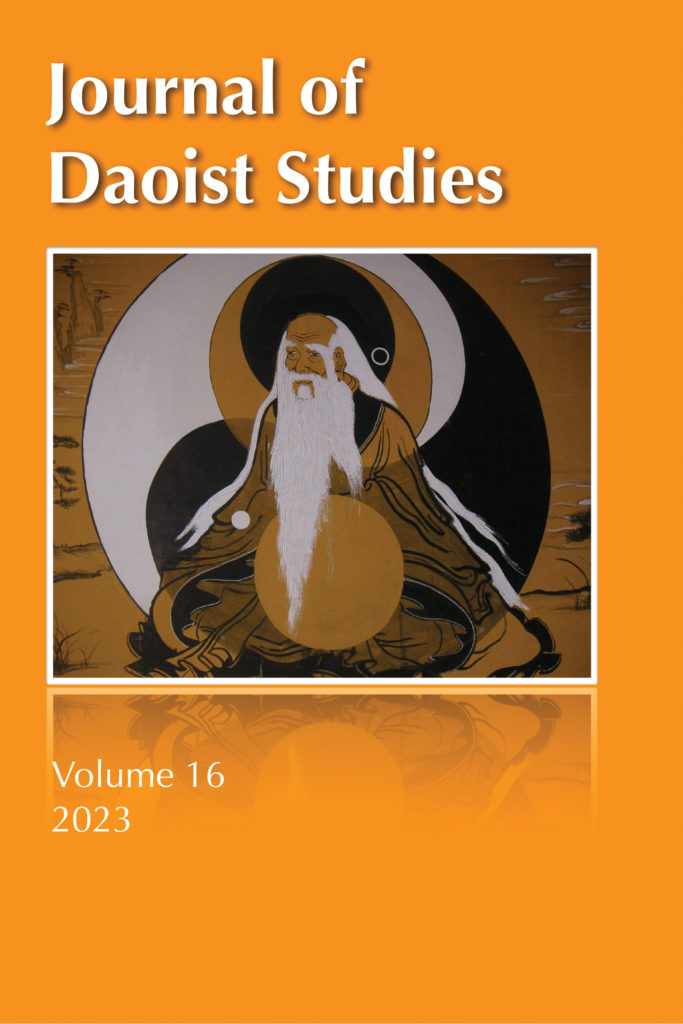
Journal of Daoist Studies
Volume 16, 2023
The new issue contains the following articles:
Being One with Dao: The Emergent Notion of Freedom in Early Chinese Cosmological Texts
Katerina Gajdosova
Embodying Heaven: The Ancient Philosophy of Dance in China
Christina Panera
Virtue and Its Traces: Guo Xiang’s Commentary on the Legendary Sage-Kings in the Zhuangzi
Qianqian Wei
Tea Mind: Living the Way of Tea
Solala Towler
Happy Fish, Blind Men and an Elephant
Mark Saltveit
Find more articles at Project MUSE.
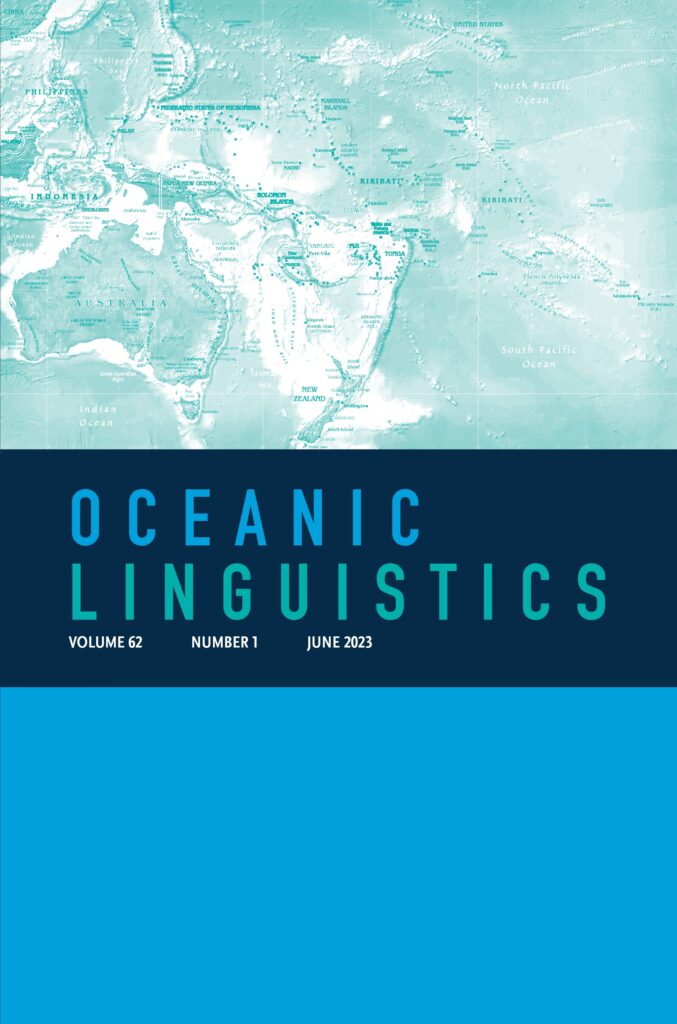
Oceanic Linguistics
Volume 62, Number 1 (2023)
The new issue contains the following articles:
Variable Copying Sites in Truku Cə- Reduplication
Hui-Shan Lin
Voice and Pluractionality in Äiwoo
Åshild Næss
Comitative Constructions in Reefs–Santa Cruz
Åshild Næss, Valentina Alfarano, Brenda H. Boerger, and Anders Vaa
Preverbal Determiners and the Passive in Moriori
John Middleton
Some Remarks on Sagart’s New Evidence for a Numeral-Based Phylogeny of Austronesian
Alexander D. Smith
Find these and more articles and squibs at Project MUSE.
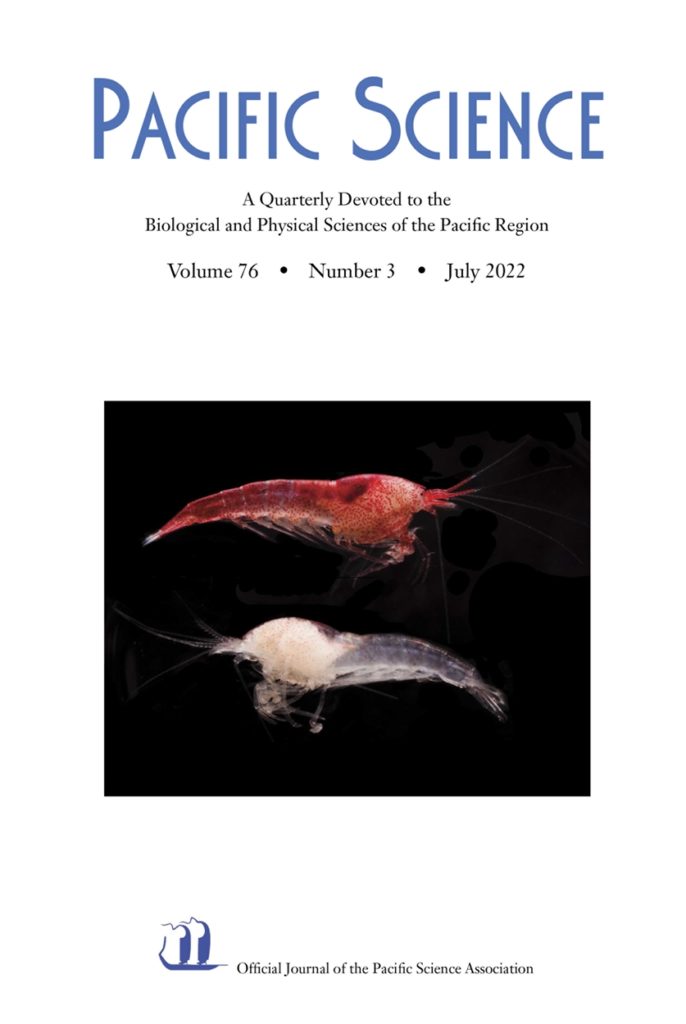
Pacific Science
Volume 76, Number 3 (2022)
The new issue contains the following articles:
Prioritization of Restoration Needs for Seabirds in the U.S. Tropical Pacific Vulnerable to Climate Change
Lindsay C. Young and Eric A. VanderWerf
A Third Pond on the Mauna Kea Summit Plateau
Norbert Schorghofer, Matthias Leopold, and Fritz L. Klasner
Lake Tagimaucia Montane Lake as a Potential Late Holocene Environmental Archive in Fiji’s Volcanic Highlands
James Terry, Kunal Singh, and Michelle McKeown
South(east) by Southwest: Identifi cation of a New Halocaridina rubra Holthuis, 1963 (Decapoda: Atyidae) Genetic Group From O‘ahu, Hawai‘i
Scott R. Santos, Livable Hawai‘i Kai Hui, Mike N. Yamamoto, Thomas Y. Iwai Jr., and Annette W. Tagawa
Landscape Configuration Influences ‘Ōma‘o (Myadestes obscurus)
Song Diversity
Nicole M. Fernandez, Kristina L. Paxton, Eben H. Paxton, Adam A. Pack, and Patrick J. Hart
Find more articles at Project MUSE.
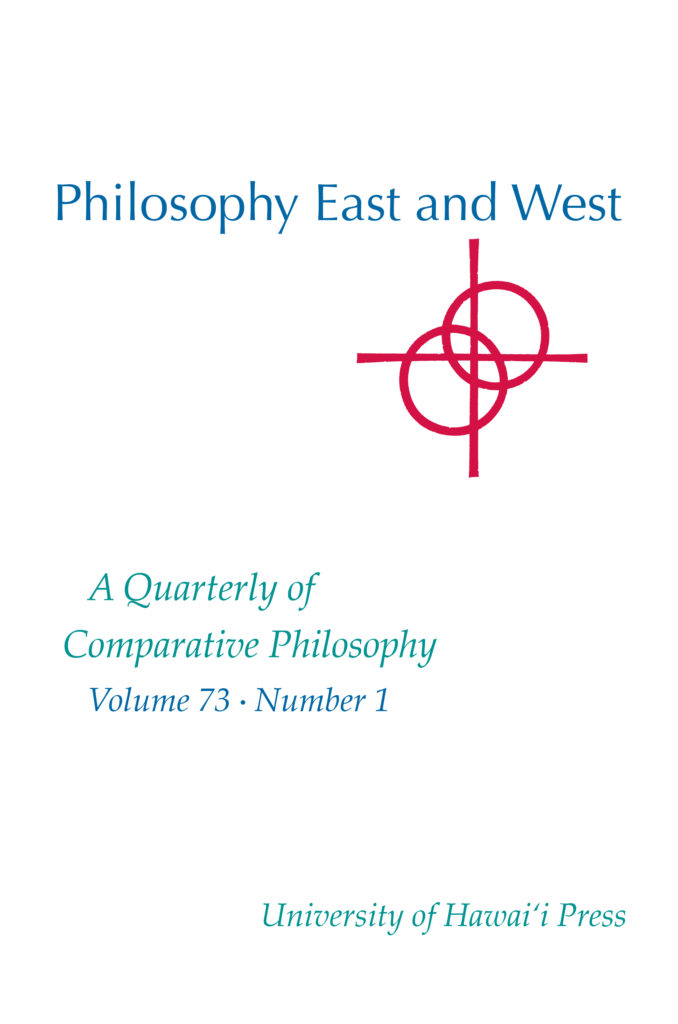
Philosophy East and West
Volume 73, Number 1 (2023)
This new issue includes the following articles, comments and discussion:
Anger in a Non-Ideal World: A Buddhist Perspective
Kristin Culbertson
The Bhāgavata Purāṇa and the Problem of Evil
Akshay Gupta
The Way of the Foreign Vassal State: Neo-Confucianism and Political Realism in Early Chosŏn Korea
Sungmoon Kim
The Cārvākas as Mysterians
Nick Leonard
Find more articles, and comment and discussion at Project MUSE.
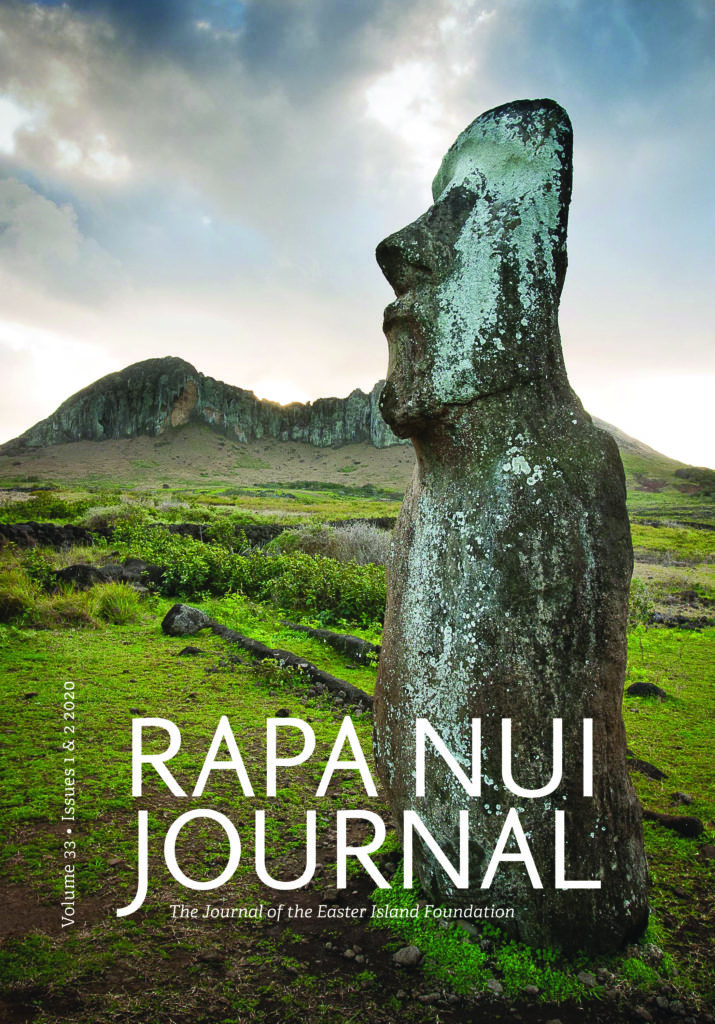
Rapa Nui Journal
Volume 33, Number 1 & 2 (2020)
The new issue contains the following articles, reports, and news:
Mana Tupuna: Honoring the Ancestors Abroad
Phineas Kelly
Rapa Nui in the Hans Helfritz Collection at the Rautenstrauch-Joest Museum
Tania Basterrica Brockman and Betty Haoa Rapahango
Con-ticci and the Bennett Monolith of Mocachi
Andrea Ballesteros Danel
Identifying Places and People in Walter Lehmann’s Photograph Collection of Rapa Nui (Easter Island, 1911)
Cristián Moreno Pakarati and Rafał Wieczorek
Terevaka Archaeological Outreach (TAO) 2020 Project Report: Digital Repatriation
Britton L. Shepardson
Find more articles, reports, and news on Easter Island at Project MUSE.
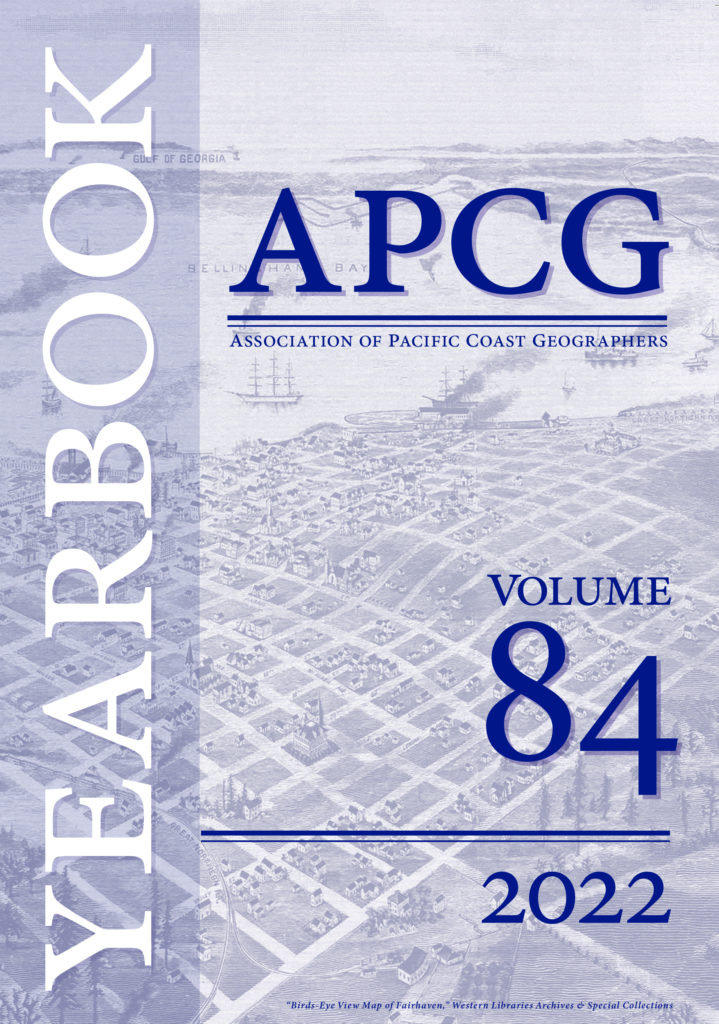
Yearbook of the Association of Pacific Coast Geographers
Number 84 (2022)
The new issue includes the following articles:
The Geographer as Bibliophile
Michael Pretes
Canyonlands National Park: A Multiple-Use Test Case
Tate Pashibin, Geoffrey Buckley, and Yolonda Youngs
Donald W. Meinig’s Southwest at Half-Century, a Reflection
and Appreciation
Daniel D. Arreola, Richard L. Nostrand, William Wyckoff, Craig
Colten, and Paul F. Starrs
Portland’s Post-Industrial Neighborhoods
Mark D. Bjelland and Madelyn Vander Veen
Weighted OWA Operators in Spatial MultiCriteria Decision-
Making
Soheil Boroushaki
Find more articles, research notes, book reviews, abstracts, meeting reports, and awards at Project MUSE.





